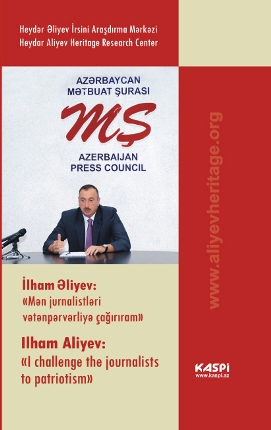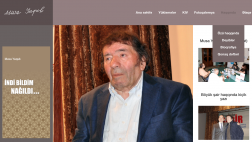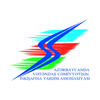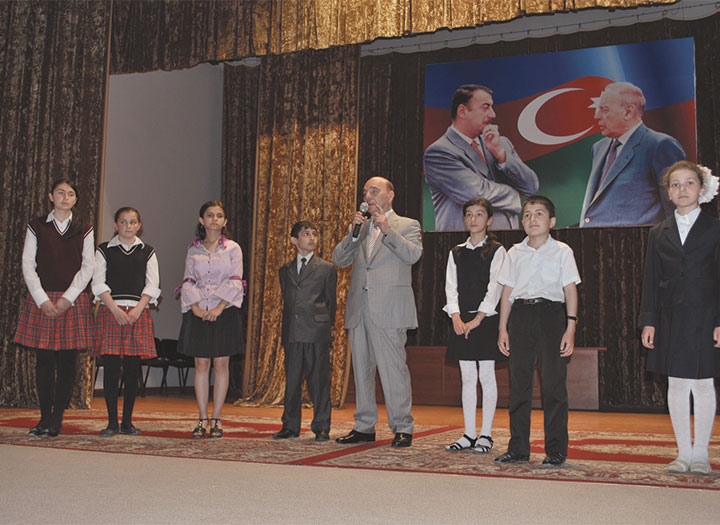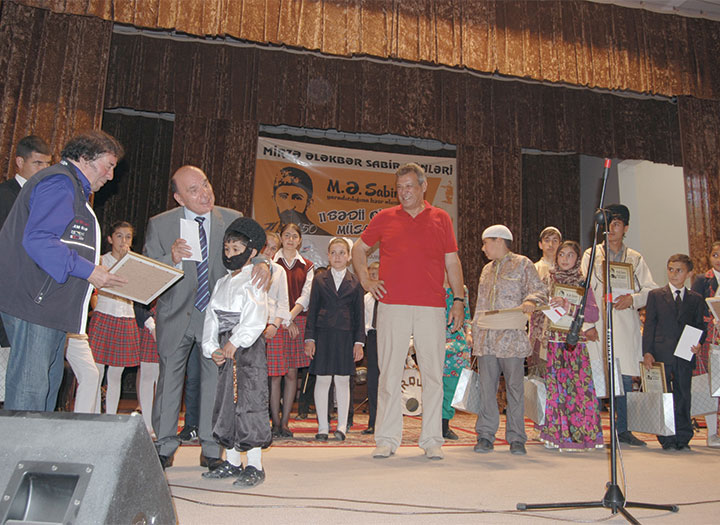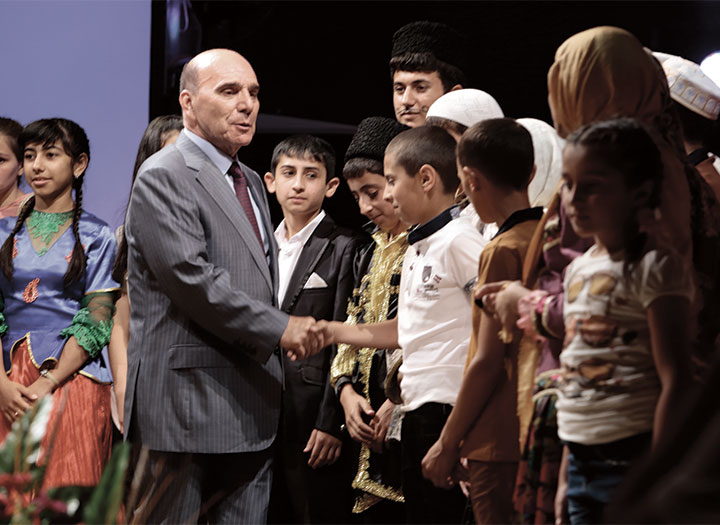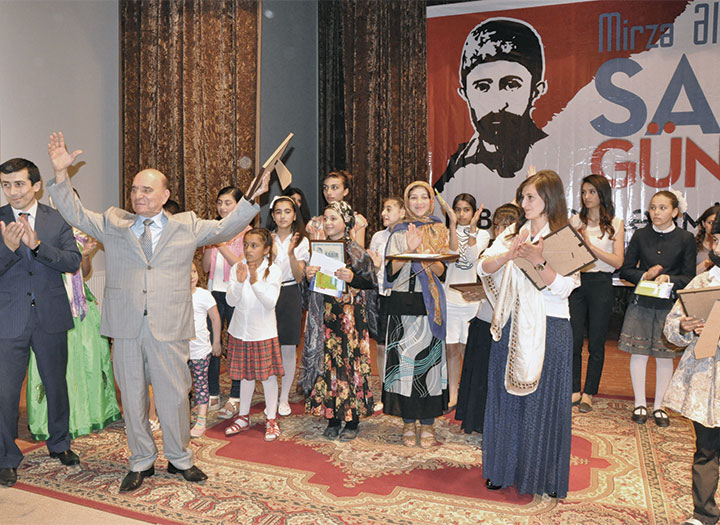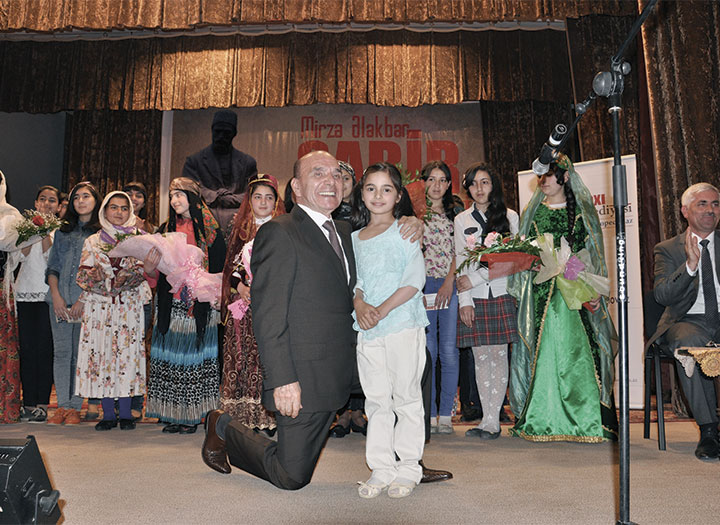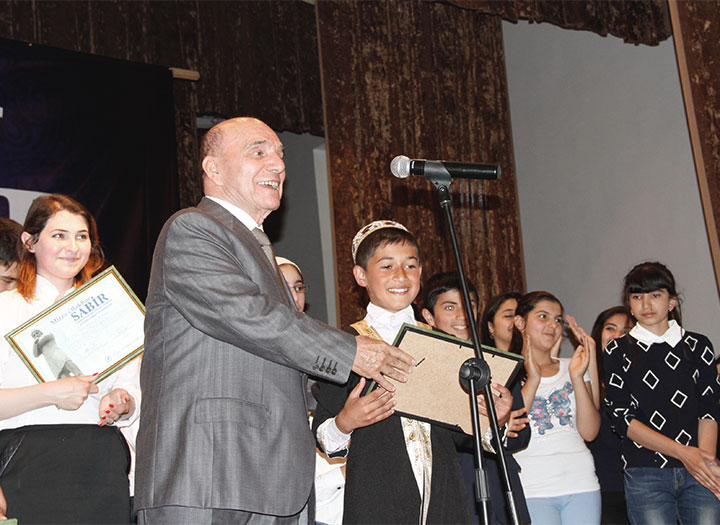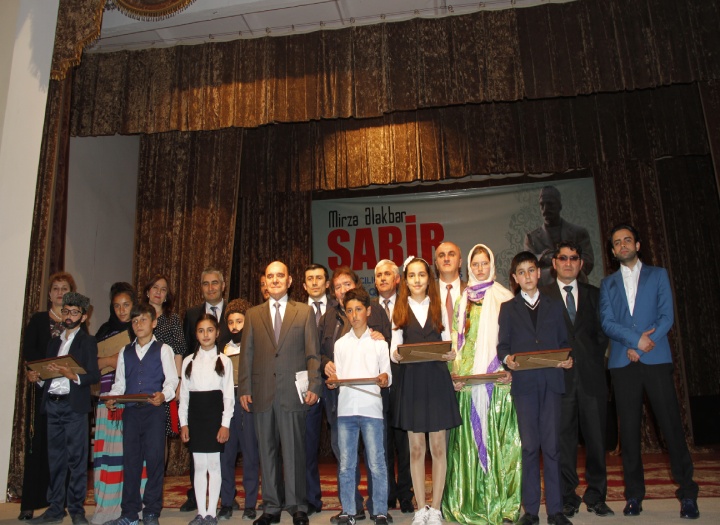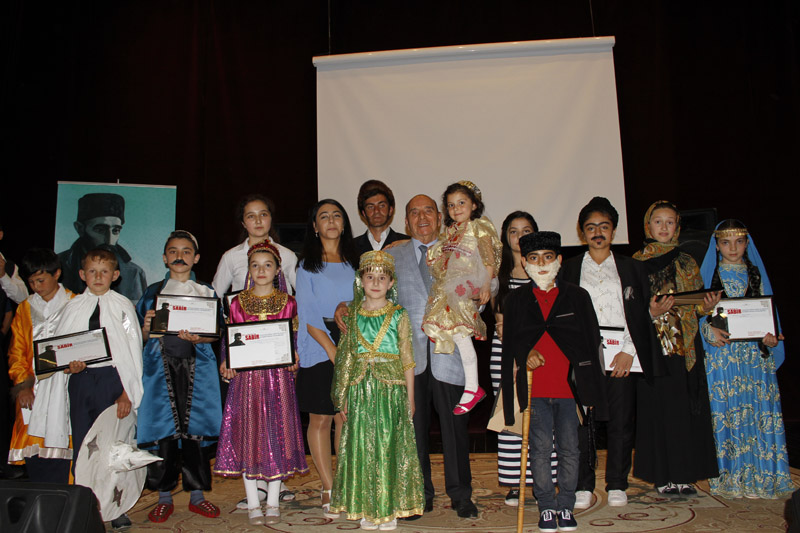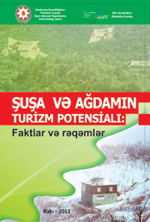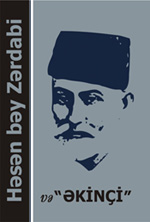Parliamentary assembly of the Council of Europe
Thirty-sixth ordinary sessions
Resolution 820 (1984)
on relations of national parliaments with the media
The Assembly,
1. Considering that relations between parliaments and the media have many aspects, namely:
i. parliaments of the member countries often examine the media policy of their governments;
ii. Parliaments are sometimes represented on the boards of television and radio companies, or are — in various forms — involved in the monitoring of the activities of these companies;
iii. Parliaments need media coverage to disseminate knowledge of their activities to a wider public;
2. Considering, however, the limited audience for parliamentary news among viewers and
Readers;
3. Considering the limited number of newspapers that give extensive and detailed information on the activities of parliaments;
4. Noting that the electronic media, in particular television, tend to cover only important parliamentary events;
5. Stressing the need for parliaments, while respecting their traditions and rules of procedure, as well as the freedom of the press, to make use of all possibilities for adequate media coverage of their work,
6. Of parliamentary events is concerned:
a. Expresses the view that, where media coverage the electronic media should consider:
i. broadcasting programme on parliamentary work at fixed times ;
ii. If several channels are available, giving in one of them a certain priority to a parliamentary news programme;
iii. Giving wider publicity to question time in parliaments, when high-ranking members of government are present;
iv. Setting up a specialized unit for parliamentary affairs;
v. increasing their efforts to explain to the audience the basic facts of parliamentary life (committee work, absenteeism, etc.);
b. Regional newspapers — should consider:
the press — particularly nation-wide and major
i. instituting posts of parliamentary correspondents;
ii. Giving more coverage to parliamentary work which has only limited coverage in other media;
iii. Devoting series of articles to the basics of parliamentary life, about which only a limited number of readers know the essential facts;
iv. Publishing more articles of an educative nature on democratic institutions, in particular
Parliaments;
c. National parliaments should:
i. contemplate, if the budgetary situation permits, appointing a number of parliamentary information officers;
ii. Contemplate arranging press briefings by the Speaker or a spokesman on the agenda of
Parliament;
iii. Study the possibilities of access by journalists to parliament, bearing in mind security and the working conditions of members;
iv. ensure that minimum facilities for journalists are available (press rooms, press gallery, meeting rooms), and produce, if possible, press reviews, analyses of electronic media coverage, newsletters on parliamentary work, brochures explaining the organization and functioning of parliament (possibly in several languages);
v. provide, as far as possible, adequate radio and television services (studios, recording and editing equipment, broadcasting facilities);
vi. Produce films or audio-visual material on their functioning;
vii. Record parliamentary debates on magnetic tapes, where possible, for use by radio and television companies.
